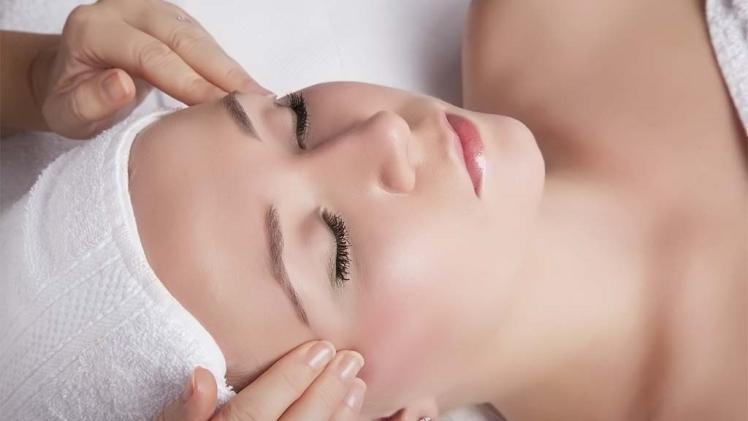Everybody wants to be an entrepreneur now, and one of the growing industries is cosmetics. People are steadily moving to the all-natural and organic cosmetic brands, creating more people willing to move into the industry.
However, cosmetic manufacturing can be a little difficult for new small businesses. Before you know it, the business can burn out without any proper guidance.
Luckily, here are three tips for cosmetic manufacturing that can help you get started on the path to success.
Make Sure The Cosmetics Are Properly Tested
Cosmetics, like drugs, should be tested regularly and often. You need to find a company that can handle testing properly.
Certain companies like BPI Manufacturing can handle the process from testing to manufacturing. But make sure they are transparent; be sure to visit the lab that is testing the materials and ask for many samples.
You want to make sure you can isolate any potential issues individually before they hit the shelves. And make sure you have a liaison that you can talk about the cosmetic manufacturing process with so that it proceeds without any problems.
Have Enough Money For Advertising
It is recommended that you should devote about 2-5 percent of your revenue to advertising. However, some specifics should be considered.
Your advertising budget should include anything that deals with outreach to customers, such as advertising, public relations, promos, marketing, or anything you would fit under this umbrella daily.
However, don’t oversell the product. You don’t have to spend more than necessary for the promotion of a product, so save money if you can. The extra money can be used for more testing.
Cosmetics Are FDA Regulated
The FDA regulates cosmetics under the Federal Food, Drug, and Cosmetic Act, or FD&C Act. It stipulates that all cosmetics, whether sold in retail, mail order and online, or door-to-door cannot be misbranded or adulterated.
They also must adhere to the Fair Labeling & Packaging Act which states that the ingredients must be made visible on the packaging.
The manufacturing of cosmetics is a little different though. The specific regulator depends on the origin of the manufacturers.
The U.S. Federal Trade Commission handles things that are labeled ‘Made in USA’ whereas U.S. Customs and Border Protection handle imports. The FDA does not regulate much else except for color additives that may be in the cosmetics.
However, be mindful if your cosmetics are designated as such and not as a drug under U.S. Law. If it is considered a drug, it needs premarket approval.
Tips For Cosmetic Manufacturing
These days it’s easier than ever before to begin making cosmetics. However, with any business, it’s important to be knowledgeable on all that it takes to start the business, from cosmetic testing to cosmetic manufacturing.
Don’t handicap your dream because you missed one small detail, follow these tips and make your cosmetics business a success today.
For other interesting and informative articles on how to properly build and manage a business or if you’re looking for something more entertaining, be sure to follow our blog.

